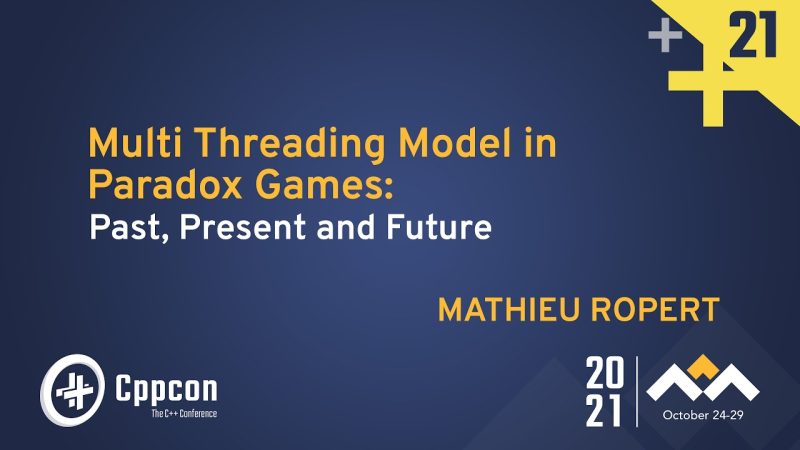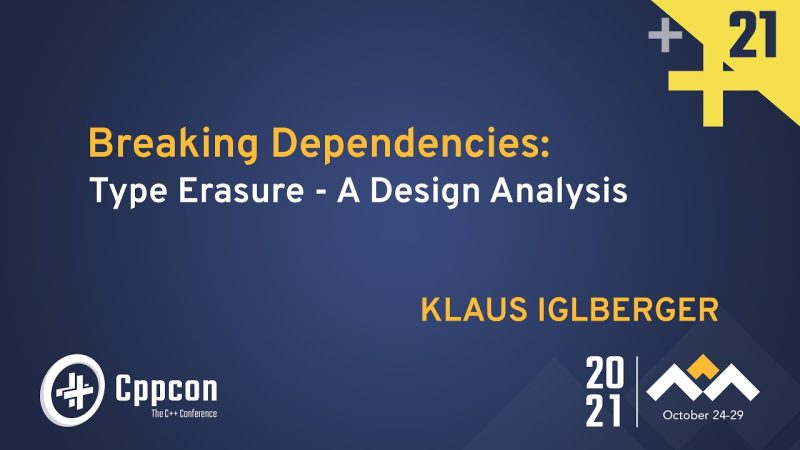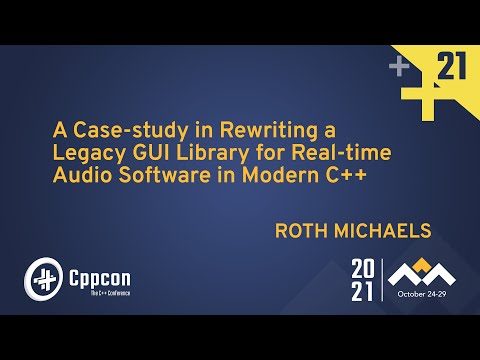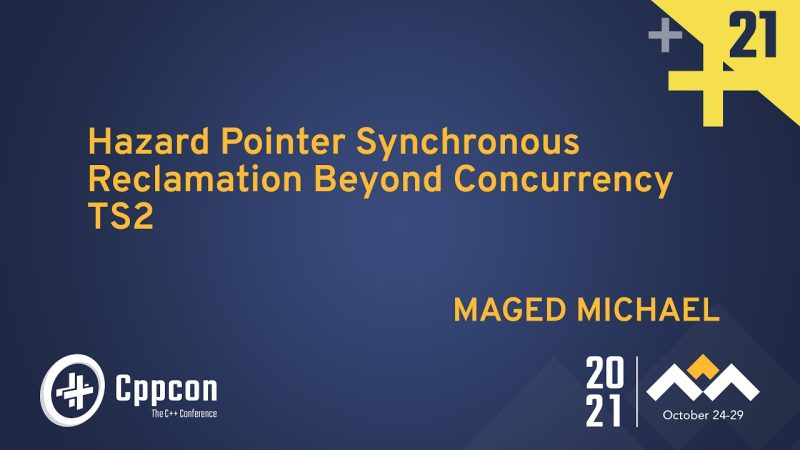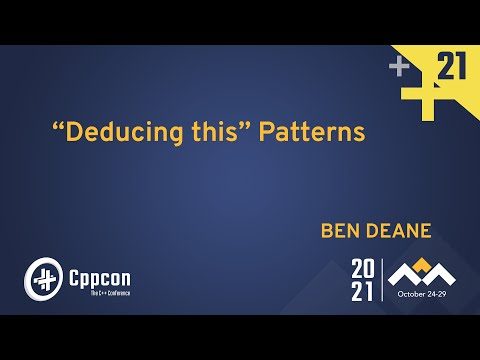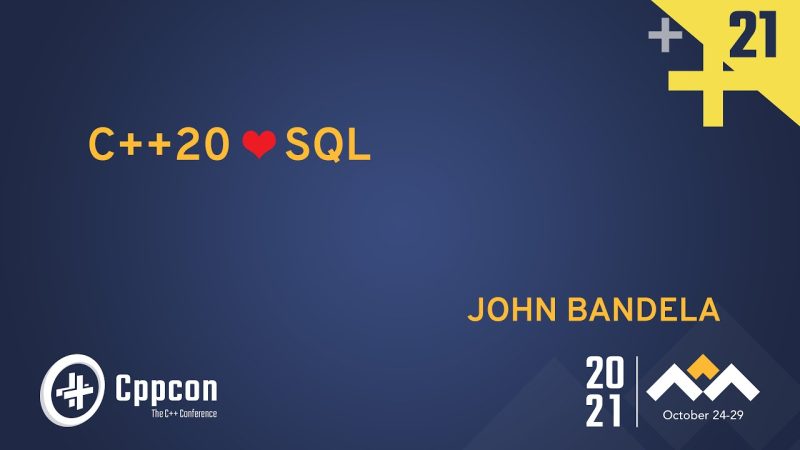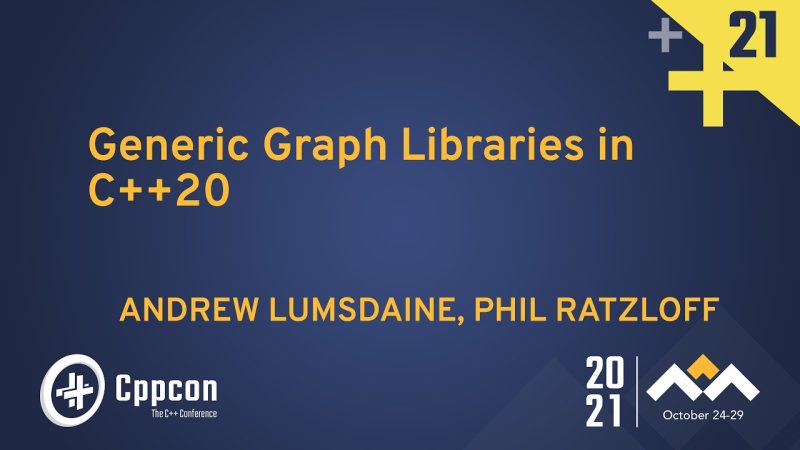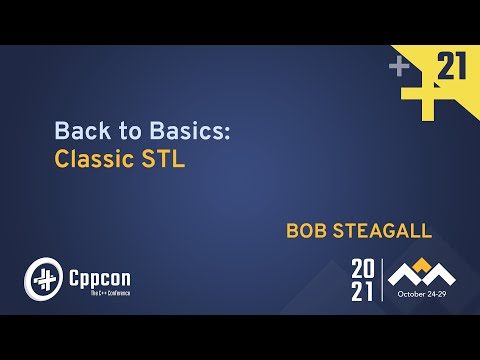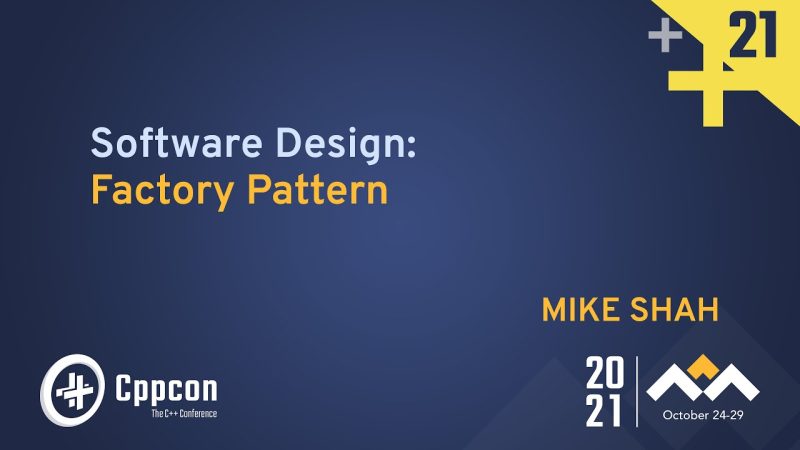https://cppcon.org/
https://github.com/CppCon/CppCon2020
---
Paradox grand strategy games are all about simulating history through various lenses (politics, economy, warfare, diplomacy, demographics...) in real time. Over the last 20 years, our games have become more complex and more demanding on CPU computations.
In this talk we will see how the threading model of the game simulation evolved over time to try and deliver the necessary throughput and latency required to keep the games fluid with more and more complex systems.
We will focus on 3 models, the "old" which is shared by some long running production games such as Europa Universalis IV, Hearts of Iron IV and Stellaris, the "current" model brought by Crusader Kings 3 and finally discuss some thoughts and ideas of what future games may experiment with.
---
Mathieu Ropert
Tech Lead, Paradox Development Studio
French C++ expert working on (somewhat) historical video games. Decided to upgrade his compiler once and has been blogging about build systems ever since. Past speaker at CppCon, Meeting C++ and ACCU. Used to run the Paris C++ User Group. Currently lives in Sweden.
---
Videos Streamed & Edited by Digital Medium: http://online.digital-medium.co.uk
The CppCon YouTube Channel Is Sponsored By:
JetBrains : http://jb.gg/cpptools
SonarSource: https://www.sonarsource.com/


